Mental Health Resources
Maintaining your mental health is just as important as your physical health. Utah 211 works with several programs that can get you the support you need.
These programs provide preventative, diagnostic, and treatment services in both community and hospital-based settings. You can also find information for mental health education, crisis support, and counseling.
Learn more about what supports best fit your needs.
Read the categories below for more details on what programs could fit your needs.
These programs provide preventative, diagnostic, and treatment services in both community and hospital-based settings. You can also find information for mental health education, crisis support, and counseling.
Learn more about what supports best fit your needs.
Read the categories below for more details on what programs could fit your needs.
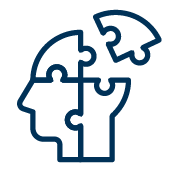
Crisis
Programs that provide immediate assistance for people experiencing a mental health crisis with the objective of defusing the situation, often working closely with mobile crisis teams, and helping develop a plan for ongoing assistance.
Find Providers
Mental Health Counseling
Programs that work with individuals and groups to promote optimum mental and emotional health through exploring problems in one's life and developing the skills to cope.
Find Providers
Mental Health Education
Programs that improve the public's understanding of mental health and mental illness, help people prioritize personal mental health, become aware of early detection and treatment options, and learn how to deal with mental health problems when they arise.
Find Providers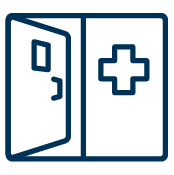
Mental Health Outpatient Treatment
Programs that provide walk-in, walk-out diagnostic and treatment services for people who do not need 24-hour care; and/or provide counseling services for individuals, couples, families and extended family groups.
Find Providers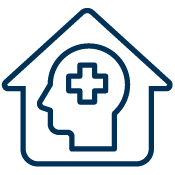
Residential Treatment/Care Facilities
Programs that improve the public's understanding of mental health and mental illness, help people prioritize personal mental health, become aware of early detection and treatment options, and learn how to deal with mental health problems when they arise.
Find Providers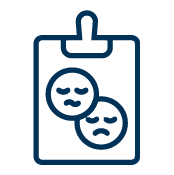
Assessment and Treatment
Programs that provide walk-in, walk-out diagnostic and treatment services for people who do not need 24-hour care; and/or provide counseling services for individuals, couples, families and extended family groups.
Find Providers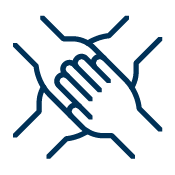
Mental Health Support Groups
Support groups whose members are people who have specific social, emotional, or other mental health struggles and share information, practical tips for daily living, and encouragement about issues related to these struggles. Groups meet in-person, online, or via the phone.
Find Providers